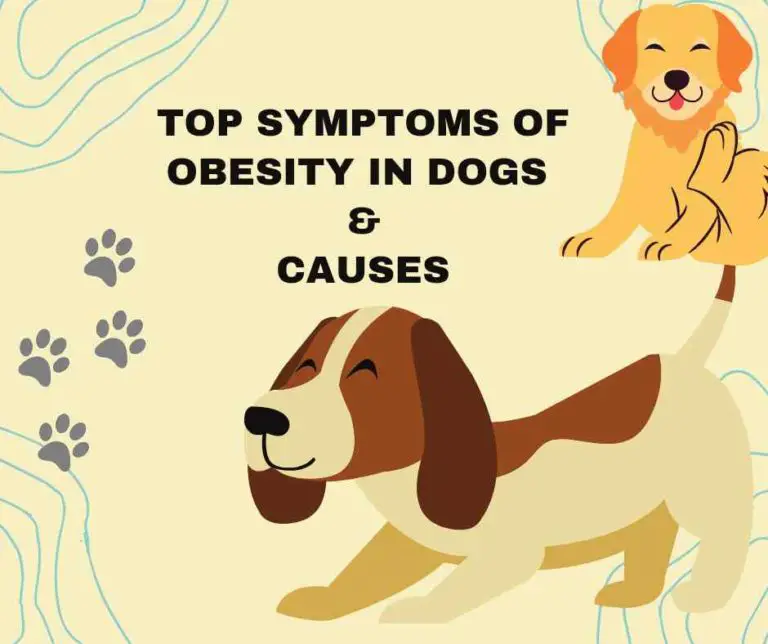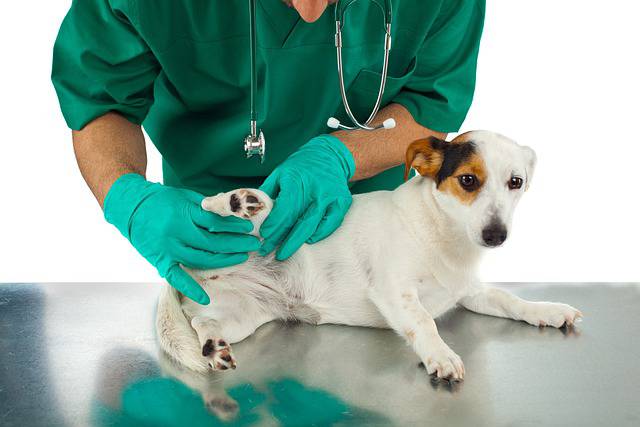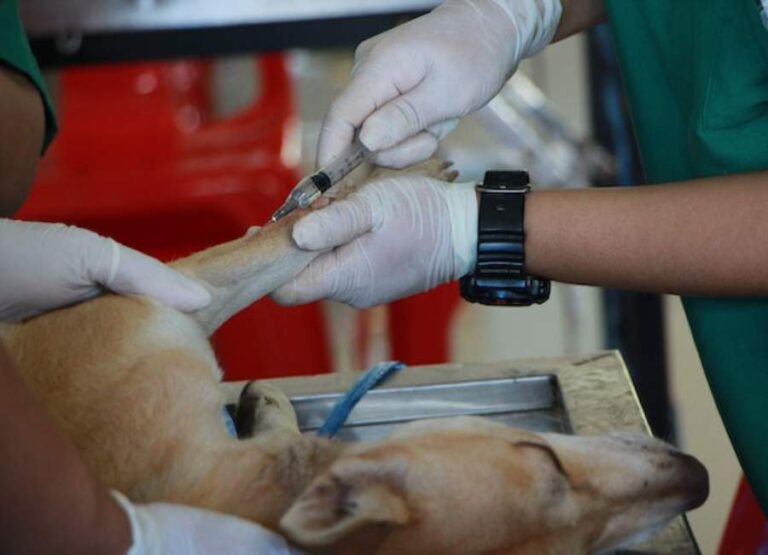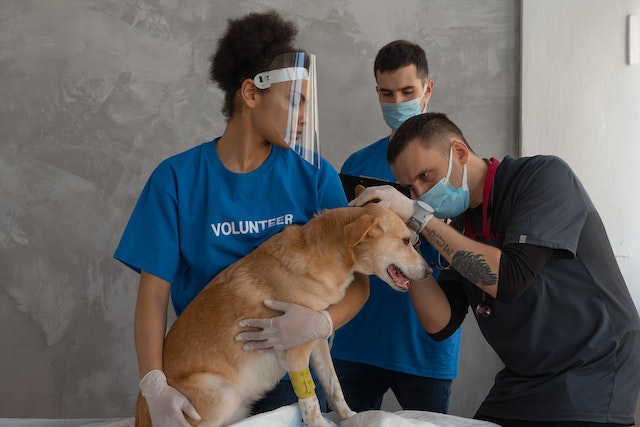10 Most Common Shih Tzu Old Age Problems & Helpful Tips
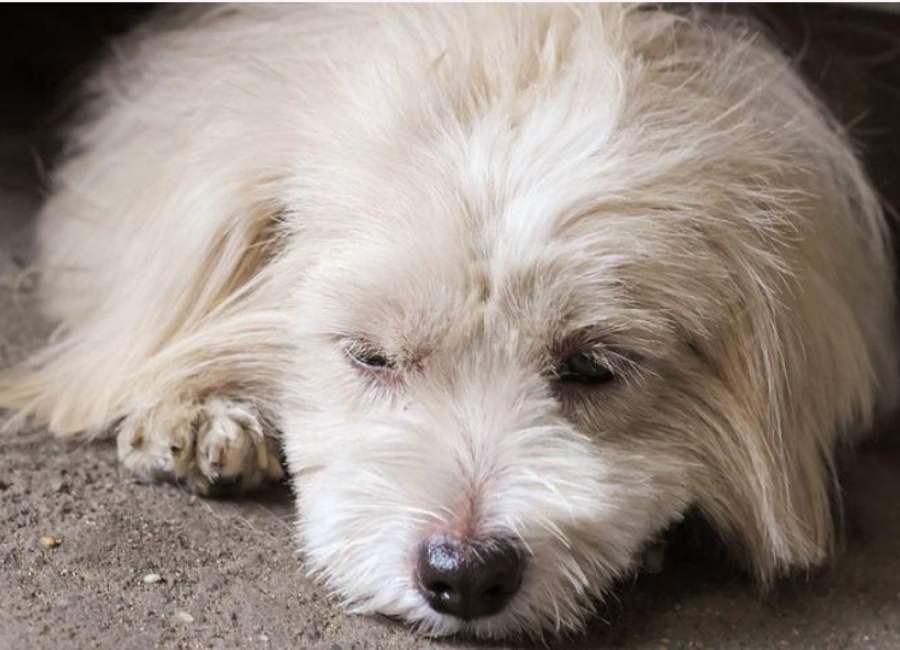
Shih Tzu old age problems can quickly become if you have no idea about things that unfolds as Shih Tzu gets older.
Shih Tzu’s life span is between 12 and 16 years or more which is considered fair enough, however, they develop certain health challenges as they grow older.
Understanding and dealing with these health challenges associated with old age in Shih Tzu will give them a better life as they age.
We will be discussing some Shih Tzu old age problems you should know as well as how to care for an older Shih Tzu, so keep reading…
Shih Tzu old age problems
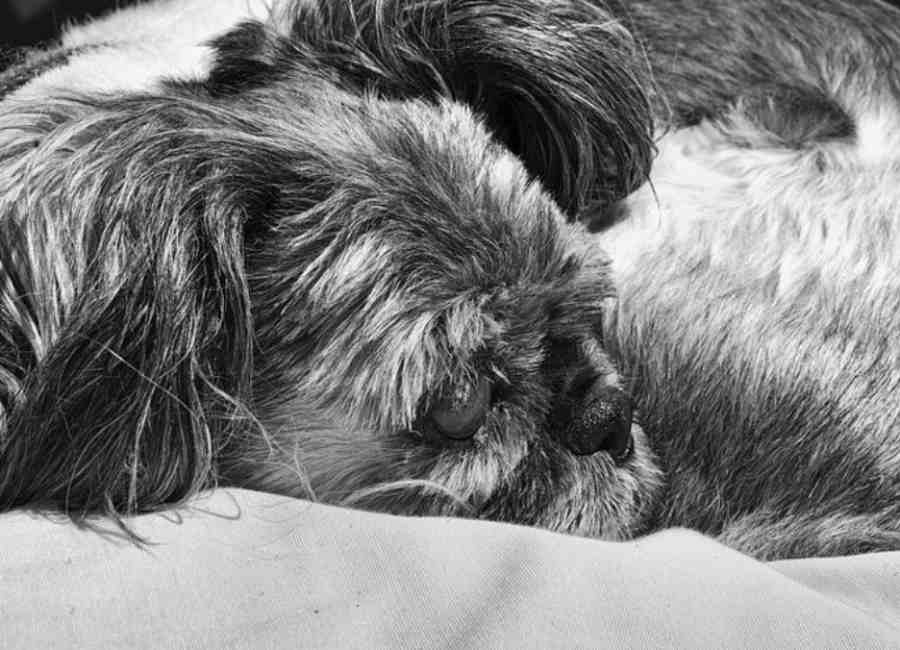
The Shih Tzu has a few unique health issues in addition to the majority of ailments common to small dogs, but as a whole, it is a generally healthy breed.
Due to their tiny mouths, Shih Tzus commonly have missing or misplaced teeth as one of the most common aging issues.
You could be in for a long battle with an older Shih Tzu dog given that many health issues associated with aging in Shih Tzu dogs start around the age of 10 to 16.
The following are some of the most typical issues with older Shih Tzu dogs:
1. High risk of dental issues
Shih Tzus have extremely tiny mouths, which frequently predisposes them to various dental conditions.
Two of the most prevalent dental issues are malocclusion and tooth crowding.
These canines’ unhealthy roots and gums are caused by the accumulation of tartar and plaque as they become older.
Shih Tzu dogs are more susceptible to dental decay and gum disease as they age.
They should wash their teeth properly or visit the dentist for a cleaning at least once every 30 days to avoid these issues.
Regular dental cleanings and examinations by your veterinarian are crucial for maintaining your dog’s health.
2. High risk of luxating patella
Shih Tzu frequently suffer from luxating patella, a condition that harms the knee joint.
This problem may be brought on by a bone anomaly or an injury sustained when the kneecap dislocates.
As they age, Shih Tzu dogs may infrequently exhibit symptoms of luxating patella, usually in the form of excruciating knee discomfort.
Owners may see their dog start to bark loudly before acting normally once again.
A few days later, swelling may appear, which frequently results in persistent pain. If left untreated, this medical condition frequently grows worse.
Surgery may be required to correct the kneecap in mild to severe situations.
3. High risk of Impaired vision
This is important to note since Shih Tzu commonly develop eyesight issues as they mature.
Untreated conditions include cataracts, keratitis, proptosis, and progressive retinal atrophy can cause a Shih Tzu to become completely blind.
A less dangerous condition called nuclear sclerosis or cataracts might be the cause of your Shih Tzu’s cloudy eyes.
This disorder just makes the eyes look hazy, unlike cataracts. Keep close eye on your Shih Tzu after the age of 9 and above.
You must take your dog to the veterinarian in any case for a precise diagnosis and, if required, treatment.
4. High risk of ear infections
Ear mite infestation or yeast/bacterial overgrowth frequently cause ear infections as they grow older and their cells become weaker.
Because of their floppy ears and hair-filled ear canals, Shih Tzus are frequently vulnerable to acquiring ear infections.
Head shaking, rubbing of the ears against things or with paws, an irritated ear pinna, and an unpleasant ear odor are all clinical indicators of ear infections.
Your veterinarian can do an ear cytology, which entails taking a sample from within the ear canal using a cotton-tipped swab and examining it under a microscope to identify the kind of infection present.
Following that, the necessary medicine can be administered and routine ear cleaning procedures can be addressed.
Pay attention to your Shih Tzu ear as they get older.
5. High risk of Hypothyroidism
This disorder, which has a direct impact on a dog’s thyroid, is less prevalent in smaller dogs like Shih Tzus.
Nevertheless, there are some accounts of Shih Tzus having this issue as they age.
They can manage their metabolism since it happens when the thyroid doesn’t work properly.
Extreme weariness, hair loss, an unusual hunger, an increased desire to pee, and weight gain are among the symptoms.
A dog may go into a coma if this ailment is left untreated for an extended period of time.
Although this is a significant problem, it is frequently treatable with the right medication.
6. High risk of respiratory problems
As they age, Shih Tzus are more prone to various illnesses because of their small faces, including respiratory issues.
Owners of Shih Tzu must exercise extra caution on extremely hot and muggy days.
Breathing becomes significantly more challenging for short-faced dog breeds due to these problems.
Your Shih Tzu may ultimately pass out and perhaps be seriously at danger for heatstroke on hot, humid days.
Contact your veterinarian straight away if you suspect your dog is having respiratory problems.
7. Risk of joint issues
Painful joints are among the most typical symptoms of a problem in elderly Shih Tzu.
At this age, you should use cautious because this can begin as early as 9 or 12.
If your Shih Tzu develops stiff joints or exhibits other unpleasant symptoms, always take them to the clinic.
You’ll know your Shih Tzu is getting older when his mobility deteriorates.
Shih Tzus frequently get back and neck issues because of their very lengthy backs.
The most common of them is probably intervertebral disk disease.
The intervertebral disks that cushion the spine can move, bulge, or rupture, leading to excruciating pain and possible nerve issues.
Intervertebral disk illness can cause paralysis and persistent weakness if it is not appropriately managed.
Read more: 10 Reasons Shih Tzu Refuses To Walk & Solutions.
8. Risk of skin issues and allergies
Itchy skin, skin irritations, and dermatitis are common symptoms of allergies in the Shih Tzu breed s they age.
Skin issues and allergies is what owners should be aware of since the breed is susceptible to allergens.
It is advised to constantly monitor your dog’s skin condition as they grow older.
With frequent prophylactic measures, a particular diet, and/or medicated shampoos or foams, some allergies can be effectively managed.
Each dog will respond differently to everything in their surroundings, so it’s important to avoid all of the things that might lead to skin issues in dogs before they arise.
9. Cognitive decline
Dog dementia is the medical term for the cognitive impairment condition that affects Shih Tzu dogs.
Their mental health poses a serious health risk as well, which might make Shih Tzu anxious and prone to accidents.
Shih Tzu cognitive impairment is considered to be largely brought on by neural network decline.
This degeneration is caused by the loss of brain cells, and the likelihood that it will occur increases with age in Shih Tzu.
These modifications may cause your senior Shih Tzu to become less energetic or lose interest in playing with you.
It is a brain-related disorder associated with aging in dogs that causes behavioral modifications and mostly impacts memory, learning, and understanding.
10. Risk of liver problem
As they age, Shih Tzus are more susceptible than other breeds to portosystemic shunt, a liver condition (PSS).
The blood that typically enters the liver to filter out any toxins bypasses the liver through an aberrant vein or link in this disorder, which is also known as a hepatic shunt.
Due to a lack of the required energy for healthy development, this might result in major issues including stunted growth.
Surgery is frequently required to close the shunt, but your dog must first be stabilized before having this procedure.
Medication and nutrition might occasionally help reduce the symptoms.
Recommended post: 12 Signs That Your Shih Tzu Is Dying & Ways To Comfort Them.
Ways to care for aging Shih Tzu
I would have loved to explain these steps one by one but this article is already long, therefore, I will outline these steps the way you will understand.
Some of the most popular ways to take care of an aging Shih Tzu include the following:
- As your Shih Tzu ages, create an atmosphere free from stress for them.
- Your Shih Tzu should consume vitamin and mineral supplements that have been approved by a qualified veterinarian.
- Keep allergens away from your Shih Tzu as the ages.
- As your Shih Tzu ages, stay away from new activities around them.
- As your Shih Tzu ages, feed it high-quality dog food.
- As they age, always keep your Shih Tzu well-hydrated.
- As they age, keep up regular grooming to prevent skin problems.
- As they age, lower the amount of exercise you give your Shih Tzu.
- Make sure the bed is comfortable and quiet for your Shih Tzu.
- Keep your Shih Tzu away from carcinogens like smoked food or other food.
- Give your Shih Tzu some fruits as the ages.
- Set up a regular appointment with your veterinarian.
My final words for you…
One of the most important things you must do as your Shih Tzu ages is to communicate with your vet frequently.
Sometimes things go wrong when you neglect little changes in your elderly Shih Tzu.
So, whenever you see a change in your Shih Tzu, especially as they age, don’t hesitate to take them to the vet.
Regular examinations may help your Shih Tzu prevent a number of significant health issues that might arise as they age.
I sincerely hope that this information allayes your worries regarding Shih Tzu Old Age Problems!

